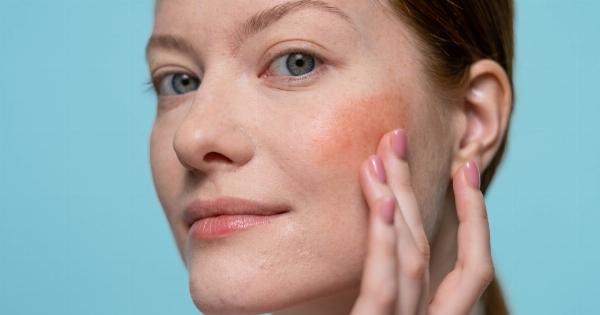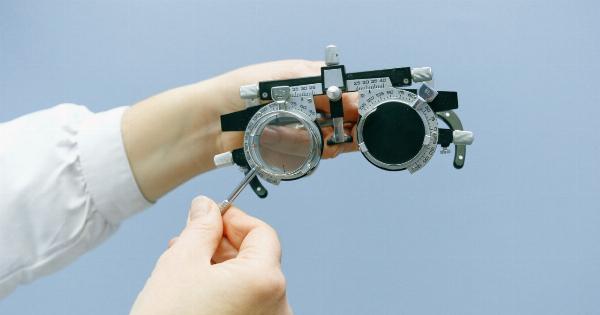Bruising is a common occurrence that results from injury to the skin and surrounding tissue. The discoloration that appears on the skin can take on various shades of purple, blue, green, red, or yellow, depending on the severity of the injury.
Bruises are not a cause for concern in most cases, as they typically go away on their own in a week or two. However, if you find that your edges are bruising too easily, it may be a sign of an underlying medical condition that requires attention.
What Causes Bruising?
Bruising occurs when small blood vessels (capillaries) near the surface of the skin are damaged or broken due to an impact, pressure, or injury. Blood leaks out of the damaged vessels and pools under the skin, causing the characteristic discoloration.
Common causes of bruising include:.
- Minor falls or bumps
- Strains or sprains
- Vigorous exercise
- Pickup sports
- Car accidents
- Surgeries
- Medications that thin the blood (such as aspirin or warfarin)
- Medical conditions that affect blood clotting (such as hemophilia or von Willebrand disease)
What Are Edges?
The term “edges” is used to describe the hairline, specifically the delicate hairs that grow along the front and sides of the scalp. These hairs are prone to breakage and damage due to styling, chemical treatments, and other factors.
Edges are more vulnerable to bruising than other parts of the body, as the skin is thinner and the blood vessels are closer to the surface.
Why Are My Edges Bruising Too Easily?
If you find that your edges are bruising too easily, it may be a sign of an underlying medical condition that affects blood clotting. Some of the conditions that can cause easy bruising include:.
- Vitamin C or K deficiency
- Hepatitis B or C
- Leukemia or lymphoma
- Autoimmune disorders
- Low platelet count
- Medications that affect blood clotting (such as anticoagulants or antiplatelet drugs)
If you notice that you are bruising easily and frequently, it is important to see a doctor to rule out any medical conditions that may be causing the problem.
Your doctor will likely perform a physical exam and may order blood tests to check your platelet count and levels of vitamin K and other nutrients.
How Can I Prevent Bruising of Edges?
If you want to prevent bruising of your edges, there are several steps you can take. First, be gentle when brushing or combing your hair, as rough handling can cause damage to the delicate hairs at the hairline.
Use a wide-toothed comb to detangle your hair, and avoid pulling or tugging on your edges. Additionally, try to avoid tight hairstyles that put strain on your edges, such as tight braids, weaves, or ponytails.
You can also promote healthy hair growth and prevent damage by using a nourishing conditioner and moisturizing oil on your edges.
Look for products that contain natural ingredients such as shea butter, coconut oil, or jojoba oil, which can help to strengthen and protect your hair. Finally, be sure to eat a healthy, balanced diet that is rich in essential nutrients such as vitamin C, vitamin K, iron, and protein, which can help to promote healthy hair growth and reduce the risk of hair damage and breakage.
When Should I See a Doctor?
If you are experiencing frequent or severe bruising of your edges, it is important to see a doctor. Your doctor can perform a physical exam and blood tests to determine if there is an underlying medical condition that is causing the problem.
If a medical condition is identified, your doctor can work with you to develop a treatment plan that may involve medication, lifestyle changes, or other interventions to improve your overall health and reduce your risk of bruising and other symptoms.
Conclusion
Bruising of the edges can be a sign of an underlying medical condition, such as vitamin deficiency or a blood clotting disorder.
If you are experiencing frequent or severe bruising of your edges, it is important to see a doctor to determine the cause and receive appropriate treatment. In addition, taking steps to care for your hair, such as using nourishing products and avoiding tight hairstyles, can help to prevent damage and reduce the risk of bruising.
By taking a proactive approach to hair care and overall health, you can keep your edges healthy and strong for years to come.





























